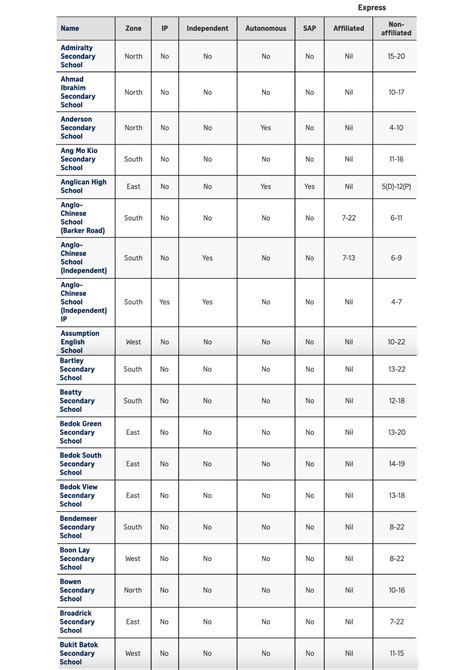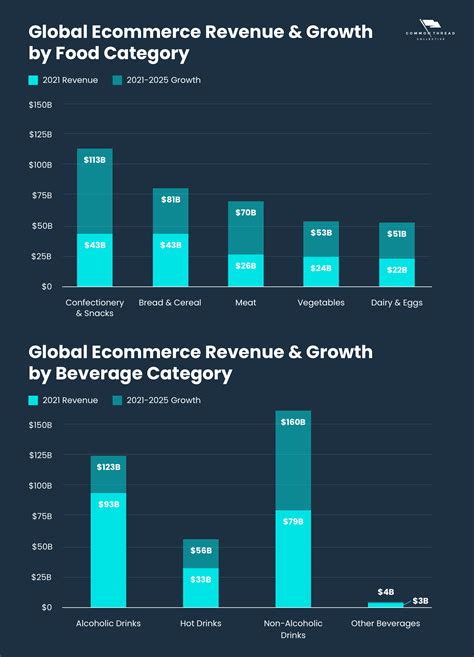The Lucrative World of Private Banking
Private bankers are highly skilled financial professionals who provide personalized financial services to high-net-worth individuals and families. They manage investments, provide financial planning advice, and offer a range of other services tailored to their clients’ unique needs.

The Salary Spectrum
The salary of a private banker varies widely depending on experience, skills, location, and the size and prestige of the institution they work for. According to the U.S. Bureau of Labor Statistics (BLS), the median annual salary for financial advisors, including private bankers, was $99,590 in May 2022.
Table 1: Private Banker Salary by Experience
| Experience Level | Average Annual Salary |
|---|---|
| Entry-level (0-5 years) | $90,000 |
| Mid-level (5-10 years) | $120,000 |
| Senior-level (10+ years) | $150,000 |
Table 2: Private Banker Salary by Location
| City | Average Annual Salary |
|---|---|
| New York City | $160,000 |
| San Francisco | $140,000 |
| Los Angeles | $130,000 |
Factors Influencing Salary
Several factors can influence a private banker’s salary, including:
- Experience: Private bankers with more experience typically earn higher salaries.
- Performance: Private bankers who consistently exceed their targets may receive bonuses and other performance-based compensation.
- Client base: Private bankers who manage larger client portfolios with substantial assets under management (AUM) tend to earn more.
- Institution size: Private bankers who work for larger, well-established institutions often have higher salaries.
- Location: Private bankers working in major financial centers such as New York City or San Francisco tend to earn more than those in smaller cities.
Benefits and Perks
In addition to a competitive salary, private bankers often enjoy a range of benefits and perks, including:
- Health insurance: Private bankers typically receive comprehensive health insurance coverage for themselves and their families.
- Retirement plans: Private bankers may be eligible for employer-sponsored retirement plans such as 401(k)s and profit-sharing.
- Paid time off: Private bankers are typically granted generous amounts of paid time off, including vacation days, sick days, and personal days.
- Bonuses: Private bankers who exceed expectations may receive bonuses or other performance-based compensation.
- Professional development: Private bankers often have access to professional development opportunities such as conferences, seminars, and training programs.
Why Private Banking Matters
Private banking provides several key benefits for high-net-worth individuals and families:
- Personalized financial advice: Private bankers work closely with clients to understand their financial goals and objectives and tailor their investment strategies accordingly.
- Access to exclusive investments: Private bankers often have access to alternative investments and other financial products that are not available to the general public.
- Comprehensive wealth management: Private bankers coordinate with other specialists such as tax advisors and estate planners to provide comprehensive wealth management services.
- Discreet and confidential service: Private bankers provide discreet and confidential service, ensuring the privacy of their clients’ financial information.
Pros and Cons of Private Banking
Pros of Private Banking:
- Personalized financial advice: Tailored to individual needs and goals.
- Access to exclusive investments: Not available to the general public.
- Comprehensive wealth management: Holistic approach to financial planning.
- Discreet and confidential service: Protects clients’ privacy.
Cons of Private Banking:
- High fees: Private bankers typically charge fees based on the assets under management.
- High account minimums: Most private banks require clients to have a minimum amount of assets to open an account.
- Complexity: Private banking may involve complex investment strategies that may not be suitable for all clients.
- Potential conflicts of interest: Private banks may have relationships with certain investment products or companies, which could lead to potential conflicts of interest.
FAQs
-
What is the average salary of a private banker?
The average salary for a private banker varies widely depending on experience, skills, location, and institution size. According to the BLS, the median annual salary for financial advisors, including private bankers, was $99,590 in May 2022. -
What factors influence a private banker’s salary?
Several factors can influence a private banker’s salary, including experience, performance, client base, institution size, and location. -
What benefits do private bankers receive?
Private bankers typically enjoy a range of benefits and perks, including health insurance, retirement plans, paid time off, bonuses, and professional development opportunities. -
What are the pros and cons of private banking?
Pros: Personalized financial advice, access to exclusive investments, comprehensive wealth management, discreet and confidential service. Cons: High fees, high account minimums, complexity, potential conflicts of interest. -
How do I become a private banker?
To become a private banker, you typically need a bachelor’s degree in finance or a related field, plus several years of experience in the financial industry. -
What is the future of private banking?
The future of private banking is expected to be bright, as the demand for personalized financial services continues to grow among high-net-worth individuals and families. -
What are some trends in private banking?
Some trends in private banking include the use of technology to enhance client service, the growth of sustainable investing, and the increasing demand for holistic wealth management services. -
How can I compare private bankers?
When comparing private bankers, it’s important to consider factors such as experience, reputation, fees, investment philosophy, and client reviews.












